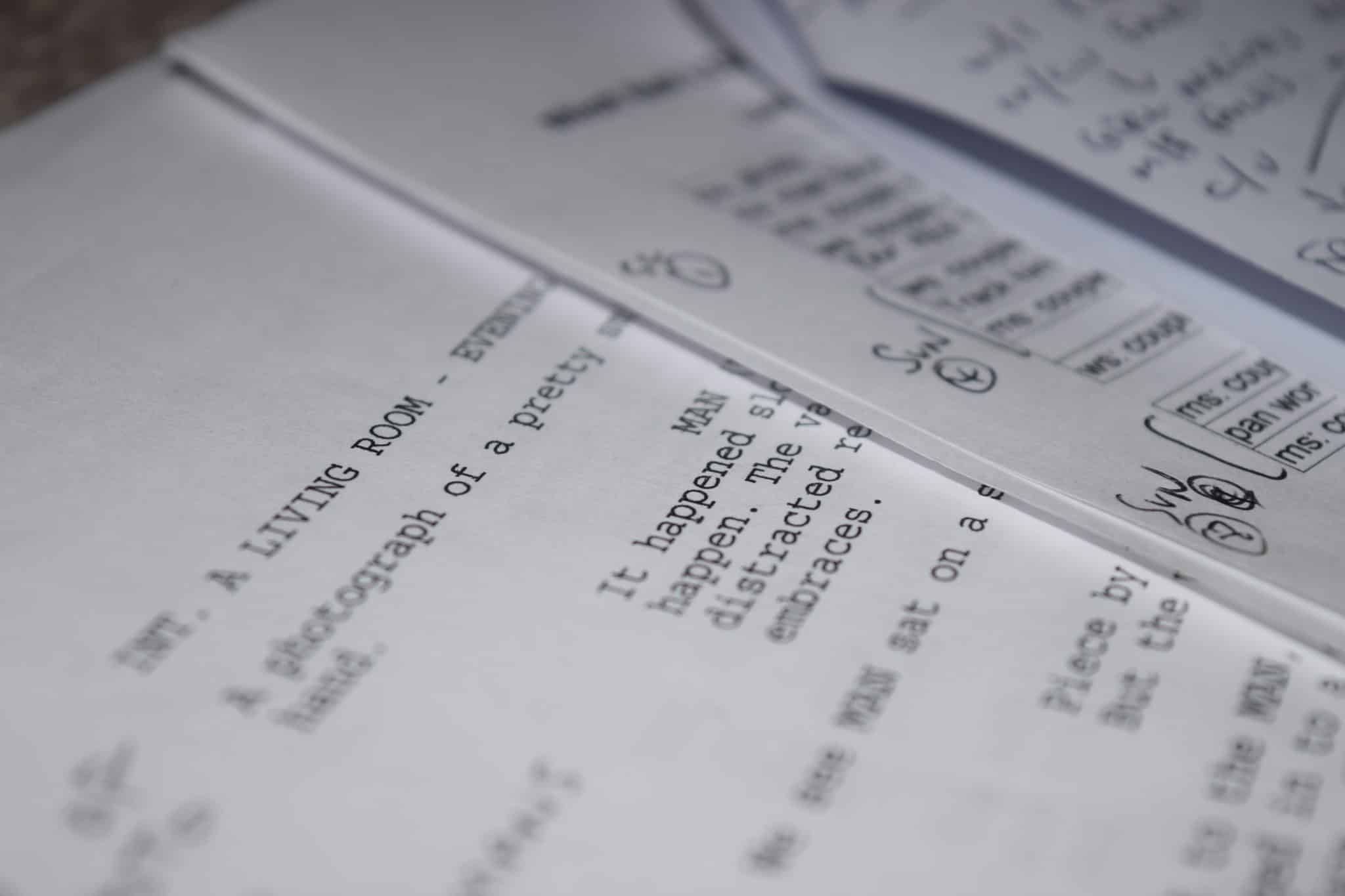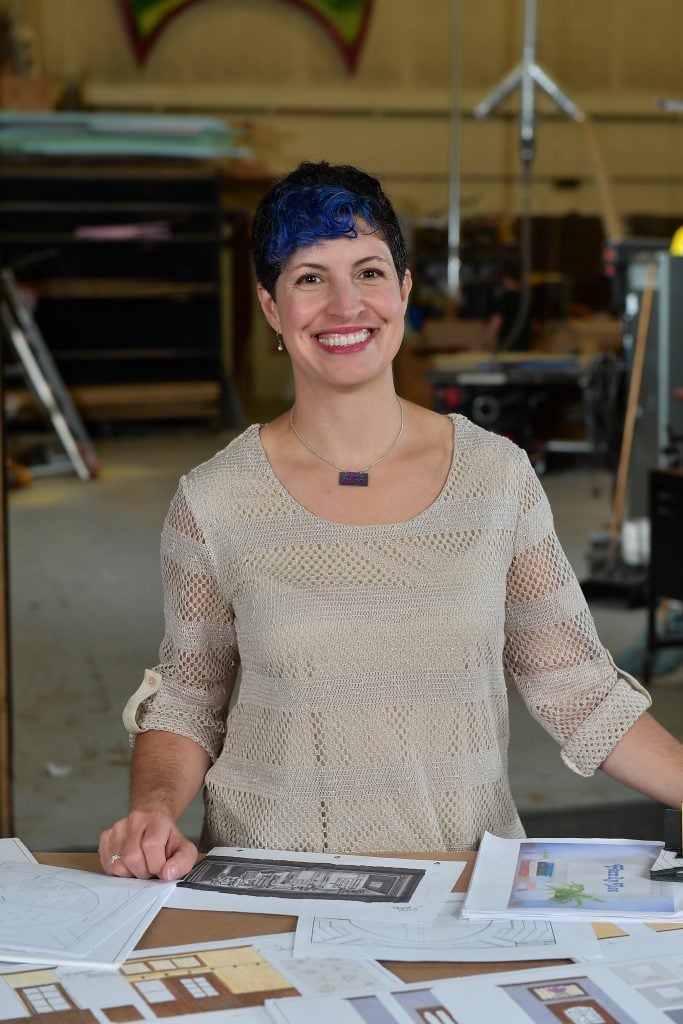By Michael Halperin
One of my mentors, the late, great screenwriter Ernie Lehman (The Sound of Music; Hello Dolly; North by Northwest), confessed that before the computer became ubiquitous he always faced the empty page in his typewriter with trepidation. “I didn’t know if I could write anything worthwhile.” Then he started working.
Fear engulfs almost all writers when they face the blank page or blank computer screen. We may have an interesting character in a story that needs telling, but apprehension crops up. Can we create 120+ pages of a screenplay; a 300+ page novel; a play?
I have a weird ritual…You can figure out your own… by writing the first line of the Declaration of Independence: “When in the Course of human events….” It places words on the blank slate.
After that, the real work begins. Writers of merit push through the fog ignoring so-called “writers’ block”, usually an excuse to go to the refrigerator for a snack or refreshment and self-commiserate about the obstacles to creation. Punching through the self-created wall makes the difference between success and failure. We can always rewrite and rewrite and rewrite until story and characters reach their zenith. I rewrote the opening paragraph of one of my novels 35 times. Obsessive? You’re damned right. But it was published.
There’s no teacher, no screenwriting guru, no magical 12 steps that will turn a mediocre writer into a brilliant creator. However, techniques exist for storytelling that may assist latent talent to emerge.
(1) Write what you know and what you have experienced. The caveat: real life is not reel life.
(2) Take “what is” and turn it into “what if”. Characters should tread the path less traveled encountering the unexpected, managing to extricate themselves from physical or psychological trauma with drama, humor, or even melodrama.
(3) Write what is important to you and not what pleases others.
(4) Ignore the current trend. By the time you complete a screenplay that train will have left the station.
Where to begin? Read screenplays of and view motion pictures that failed. They tell you more about how to create by illustrating missed story points with enormous holes populated by uninteresting characters.





